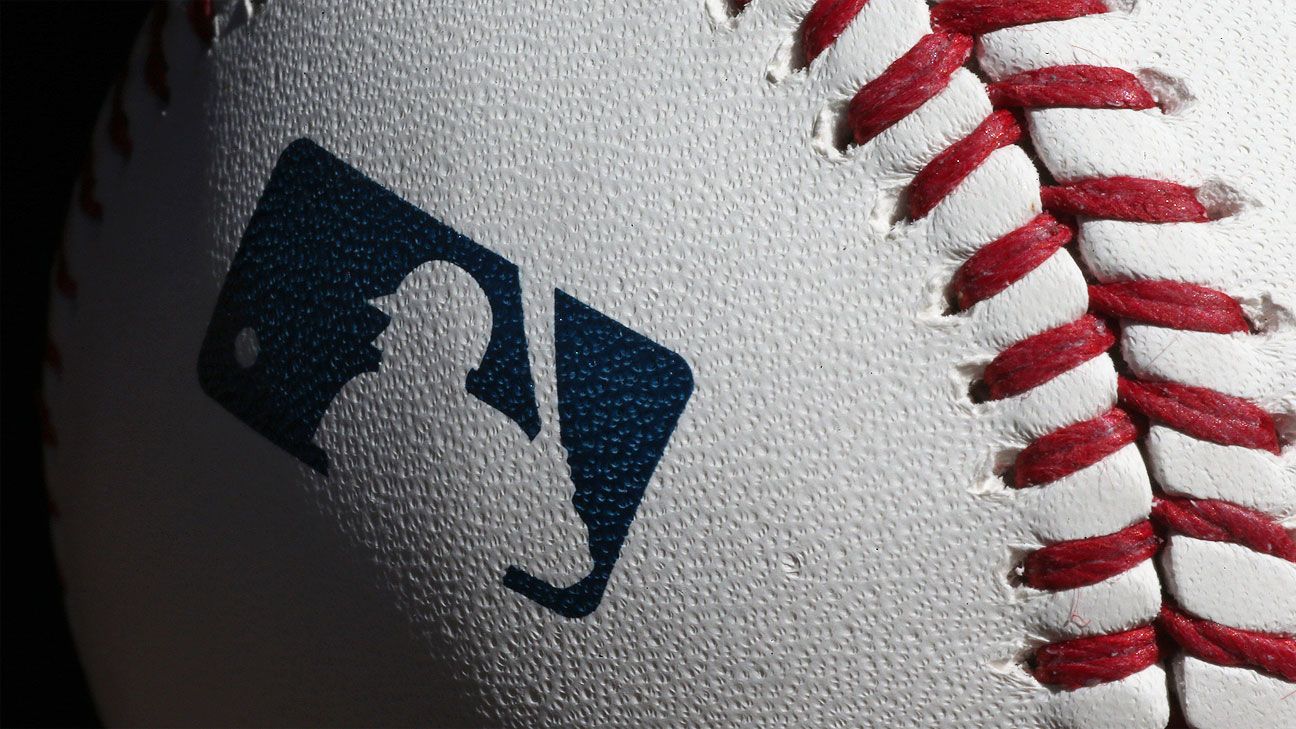NEW YORK — Big deals for Bryce Harper, Mike Trout and others that included large signing bonuses masked an otherwise flat market for the second straight offseason that caused Major League Baseball’s Opening Day payrolls to drop by $43 million for 2019.
Payrolls, however, rose by $131 million when using the averages of multiyear contracts. Following a winter in which many journeymen took cuts, a string of stars signed huge, long-term agreements in March and April.
Since the end of last season, teams agreed to a record $4.195 billion in guarantees beyond 2019, breaking the previous mark for out-year commitments of $3.414 billion, set following the 2013 season, according to figures compiled by the commissioner’s office and obtained by The Associated Press.
Just three teams are on track to pay the luxury tax. World Series champion Boston projects to owe $11.8 million, the Chicago Cubs $5.3 million and the New York Yankees just under $4 million. Figures will fluctuate during the season because of roster moves.
Payrolls totaled $4.072 billion on Opening Day, down 1.1 percent from $4.115 billion at the start of last season and $4.135 billion on Opening Day 2017, using the calculation of salaries plus prorated shares of signing bonuses.
Using the average annual values of contracts plus a little over $14 million per team in benefits this year — the measurement used for the luxury tax — payrolls went up 3 percent from $4.415 billion to $4.545 billion but remained below $4.549 billion at the start of 2017.
Angered by the slow pace of free-agent signings, players pushed for an unprecedented early start to labor negotiations, and clubs agreed to bargain over economic terms. The five-year collective bargaining agreement runs until December 2021.
Signing bonuses can impact payroll calculations. Trout originally was set to earn a $33.25 million salary this year, but his record $426.5 million, 12-year contract dropped his salary to $16 million and added a $20 million signing bonus due May 31. That lowered his figure for the 2019 payroll calculation from $34.08 million to $18.5 million.
Others who agreed to signing bonuses of $10 million or more included Alex Bregman, Jacob deGrom, Paul Goldschmidt, Clayton Kershaw, Manny Machado and A.J. Pollock. About $192 million in signing bonuses was agreed to during the offseason, and that money is prorated over the length of each contract, causing only a portion to appear on 2019 payrolls. Among all outstanding signing bonuses, the prorated share included this year was $121 million.
Payrolls will increase during the year. Top free-agent pitchers Craig Kimbrel and Dallas Keuchel remain unsigned, and players will earn performance and award bonuses. The 2018 payroll figure finished at $4.227 billion for salaries and prorated shares of signing bonuses, down from $4.245 billion in 2017. The figure for average annual values ended at $4.548 billion in 2018, down from $4.663 billion.
The players’ association calculated its Opening Day average salary to be $4,512,357, a $1,785 increase over 2018 but below the $4,525,704 average at the start of 2017. This year’s figure is based on 880 players who were on Opening Day rosters, injured lists and the restricted list. The union includes option buyouts in its average.
The Red Sox started with a payroll of $239.71 million for the luxury tax, the Cubs at $229.94 million and the Yankees at $225.92 million, followed by a big drop to the Los Angeles Dodgers at $196.3 million. The tax starts at $206 million this year, with a surtax at $226 million and a second surtax involving an amateur draft penalty starting at $246 million.
Under salaries and prorated shares of signing bonuses for 40-man rosters, Boston leads at $222 million, followed by the Chicago Cubs ($211 million), the Yankees ($209 million), the Dodgers ($195 million), Washington ($192 million), San Francisco ($177 million), St. Louis ($168 million) and the Los Angeles Angels ($163 million).
At the bottom were Tampa Bay ($62 million), Miami ($72 million), Pittsburgh ($78 million) and Baltimore ($80 million).
